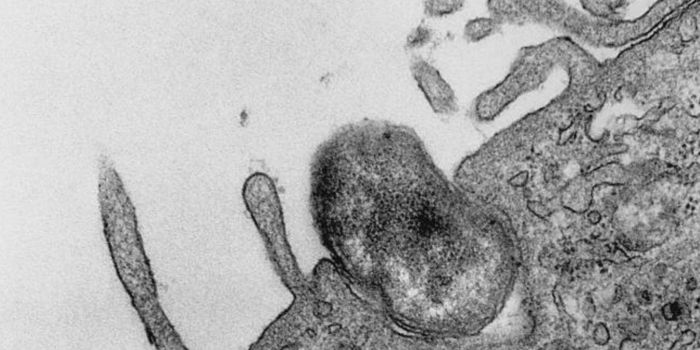Study Uncovers 27 New and Rare Cancer-Fighting Genes
A systematic survey of over 2200 tumors has revealed 27 new cancer-fighting genes that could help patients battle the disease and win.
The genetics of cancer is a tangled, complicated mess that invariably involves multiple genes and pathways. But at its most basic core, cancer genetics can be understood in terms of cancer-promoting genes (oncogenes) and cancer-fighting genes (tumor suppressor genes).
Oncogenes are those involved in cell growth and division, proliferation, or the avoidance of cell death. When these genes are mutated or become expressed at abnormally high levels, it allows a cell to grow and divide with reckless abandon – a key hallmark of cancer.
By contrast, tumor suppressor genes act to stop cells from becoming cancerous, as the name implies. These genes are usually involved at critical checkpoints in the cell cycle. Under normal conditions, these genes prevent cells from dividing endlessly and trigger cell death when appropriate. However, when these gatekeeper genes pick up inactivating mutations, cancer can take over.
Unlike oncogenes, tumor suppressor genes generally need mutations on both copies for the gene to go rogue. This “two-hit” hypothesis explains why some tumor suppressor genes can still protect against cancer invasion even when one copy of the gene is deleted.
To search for tumor suppressor genes, researchers from the Francis Crick Institute in the United Kingdom had to develop a new statistical model that can distinguish if one or both copies of a gene has been inactivated in cancer – a challenging feat since tumors contain a mix of genetic profiles that can obscure the hunt.
When tested in over 2200 tumor samples across 12 human cancer types, the team found 96 genetic hotspots for tumor suppressor gene deletion. In these regions, they identified 43 tumor suppressor genes, 27 of which were rare and new.
"Our study demonstrates," said Peter Van Loo, the study’s senior author, "that rare tumor suppressor genes can be identified through large-scale analysis of the number of copies of genes in cancer samples."
"Cancer genomics is a growing area of research, and the computational tools we use are a powerful way to find new genes involved in cancer," he adds.
Researchers hope the new information can be leveraged to find new targets against cancer, one of the most devastating health burdens across the globe. According to National Cancer Institute, over 1.6 million new cases of cancer were diagnosed in 2016. And of that, nearly 600,000 will succumb to the disease. Given such odds, the discovery of new and rare cancer-fighting genes couldn’t have come at a more urgent time.
"Using this powerful toolkit, we've uncovered rare tumor suppressor genes that when lost in mutated cells, cause cancer. This could pave the way for the development of personalized cancer treatments,” said Jonas Demeulemeester, a study co-author.
Additional sources: MNT









